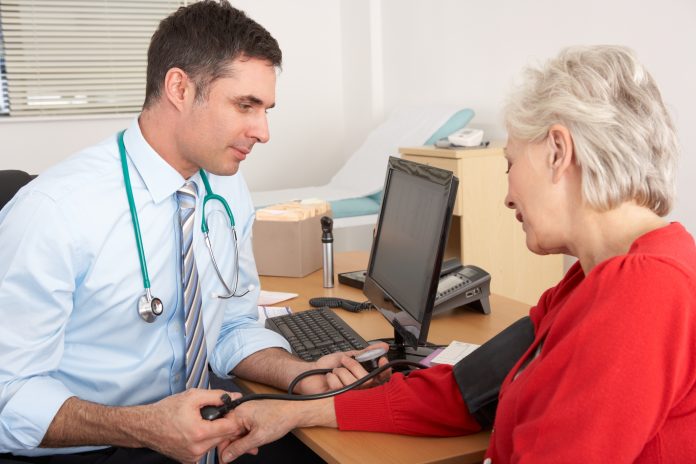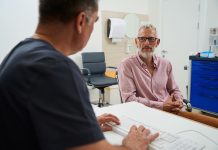We read stories and listen to news bulletins about the problems in health care that impact not just individuals but also NHS staff. So, what is going on and why is nothing working?
What causes the symptoms?
When you encounter a stressful situation, maybe somebody has shouted at you, you have got lost and cannot find your way to your destination, the pressure is put on you at work or the demands of family have been excessive you may start to notice initially subtle physiological changes. Maybe you start breathing faster, heart rate increases maybe to the point of experiencing palpitations. The panic sets in and before you realise suddenly you feel out of control.
If you have this experience and then it starts to repeat as the stress situation has not changed – then the symptoms start to manifest further. Dr’s surgeries are overwhelmed by people of all ages looking for a cure for such things as their headaches, IBS, mood swings, sleeplessness, anxiety, depression, back pain, neck and shoulder pain, and fibromyalgia.
Before long one feels like life is just spiralling downwards. Symptoms start to seriously impact, physical, mental and emotional well-being. When trauma is experienced, and one struggles to recover then the symptoms are worse. Flashbacks, nightmares, hypervigilance, dissociation are just some examples. At worse stroke, heart attack and suicide. Stress is a silent killer – it is so true as someone once said that ‘if we do not deal with that which is within us then that which is within us has the ability to kill us or kill others.’
The body can heal itself!
Such a statement is usually an eyebrow-raiser, but when people come to my Workshops they discover something amazing that their body knows and yet they have forgotten. Why? Because we are all animals and animals survive in the wild by releasing adrenalin and cortisol from their body after their traumatic experience, such as being chased by a predator. They do this by tremoring.
Unlike the animals, however, humans have suppressed this natural body experience as they have long forgotten the significance of it. Instead, we hold the tension in our body. The muscle that holds our fight/flight tension and emotions from stressful or traumatic events is the Psoas. Now, most people when asked don’t know the existence of this muscle either. It is the muscle that holds our upper body to our lower body. We cannot massage the Psoa as it sits behind the organs.
This muscle is the fight-flight centre of our body. It is the seat of our emotions. So whenever we are in stress, overwhelm or trauma states we draw the tension deep into that muscle. Over time as the tension builds and the body pays a price. Every system can start to malfunction the more we hold in our body until release as nature intended happens.
The only way we know or have known as a path to healing is to maybe hope someone else can make us better, self-medicate which sadly lead to addictions, be that alcohol, drugs, food or excessive exercising as examples. There are also lots of ways we can spend money to try and heal – therapists of all kinds of modalities from counselling to psychotherapy to massage and retreats.
The crazy thing is nothing really works. But the one thing that does is yours anyway! The body holds tension which is embedded in the bodies muscle memory from the past. The good news is the body can release from the past, just like animals – by tremoring. However, even though a natural practice once learned it is powerful. Incredibly healing and becomes a life tool and a tool for life. A practice adopted by Kent Fire & Rescue and Prison Service so that those prisoners who learn can let go of their anger and the need for drugs, making society a safer place.
It is the best-kept secret, but slowly people are opening to the fact that unless they take control of their own wellbeing – there is not much hope of anyone else doing it for them. Society is struggling and the NHS are more than challenged.
Never give up hope – for you haven’t tried everything until the body has been allowed to do the talking!
Caroline Purvey MA (Ed)
Director











